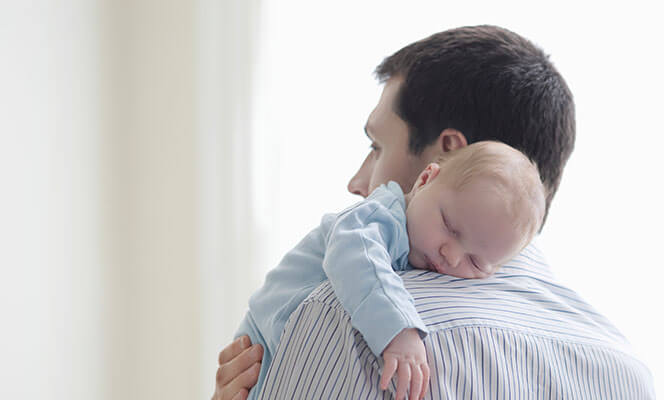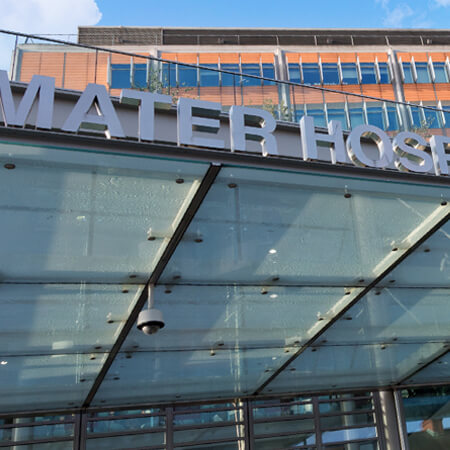Dublin is a great place to raise a family – this is just one of the benefits of living in the city. As well as an excellent school system, your children will be able to enjoy beautiful parks, open spaces and nearby beaches and mountains. All while growing up in a safe and cultured society. Plenty of family supports are available too.
If you’re moving to the city, here’s what you need to know about parental supports and childcare in Dublin.
Childcare in Dublin
There are many options for childcare in Dublin. Childminders are self-employed individuals who look after children in their homes. While nurseries and creches offer a more formal environment, with set nap and meal times. Then there are playschools and Montessoris which offer informal learning environments that prepare children for primary school.
You could also consider engaging a professional nanny or au pair, but this tends to be a more expensive option.
Childcare and preschool services are not provided directly by the Irish state, but they are available privately. However, the Government does cover the cost of two years of preschool, providing three hours of schooling five days of the week. This is called the ECCE Scheme. If your child attends for a longer period of time, you’ll have to pay the difference.
Whatever part of the city you’re living in, you can use this handy tool to find nearby childcare providers that are part of the ECCE scheme.
The Dublin City Childcare Committee, which is funded by the Department of Children, is another useful resource for parents who are looking to find quality childcare. It offers free advice, information and support on childhood care and education – whatever your family’s individual needs are.
When in Ireland, it’s important to think about your child’s care and education well in advance. School waiting lists are being phased out, but some are still oversubscribed. It can be difficult to secure a spot in creches and other childcare in Dublin too. To ensure your child has a place somewhere near your home, it’s a good idea to make inquiries as soon as possible.
Family support in Ireland
Child Benefit
Most parents living and working in Ireland are entitled to receive Child Benefit. This amounts to €140 per child per month and is paid on the first Tuesday of every month. You should make your application for child benefit within 12 months of your child arriving in Ireland, being born in Ireland or joining the family.
Parental Leave
Parents are entitled to 26 weeks of unpaid parental leave for each child. Parents of children up to the age of 12 are eligible to take parental leave. Although, for a child with a disability or long-term illness, you can take it until they are 16 years of age.

Each parent is entitled to their own period of leave. You can take it all at once or in blocks of at least six weeks.
Maternity benefit
A maternity benefit of €245 per week for 26 weeks is available to employed women who have made sufficient PRSI contributions. It must begin between two and 16 weeks before your baby is due to be born. Immediately after this, you can also take an additional 16 weeks of unpaid maternity leave.
Some employers will supplement maternity benefit by continuing to pay an employee in full while they are on leave. In this case, your maternity benefit is paid directly to your employer.
You can find out more about the eligibility requirements and put forward an application for maternity benefit in Ireland. You should apply for this payment six weeks in advance of taking leave. Or, if you’re self-employed, you need to provide 12 weeks’ notice.
Paternity benefit
Fathers are also eligible for two weeks of paternity leave, as long as they have made sufficient PRSI contributions while working in Ireland. Successful applicants will receive a benefit of €245 per week.
You can start paternity leave at any time within the first six months of your child’s birth or adoption.
It’s also worth noting that paternity benefit isn’t just for men. Spouses, cohabitants or civil partners of a child’s mother can claim it, regardless of gender.
You can apply for and find out more about paternity benefit in Ireland here.



